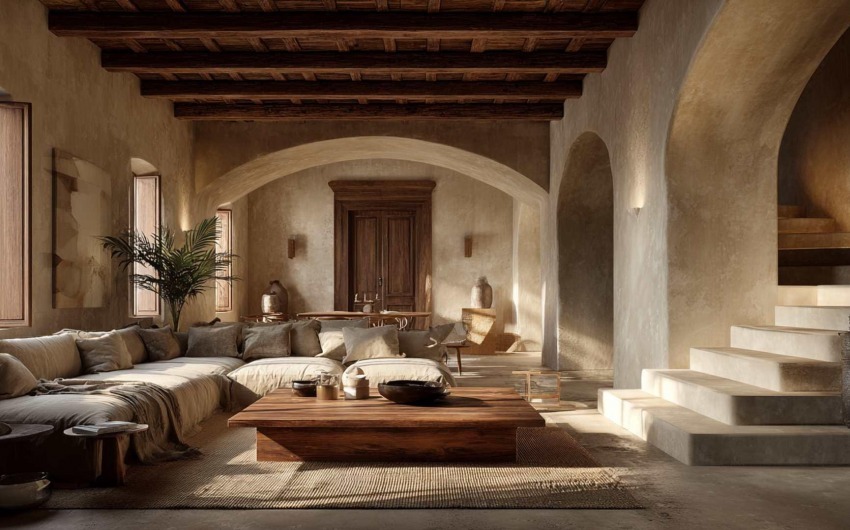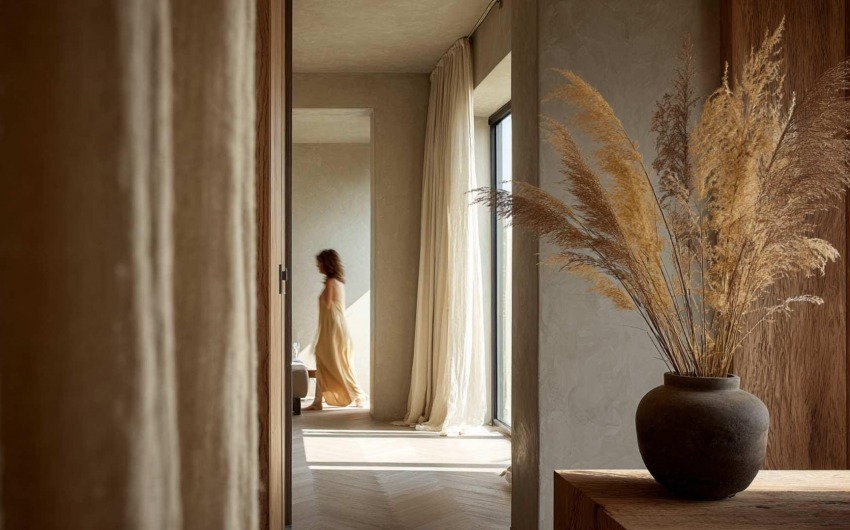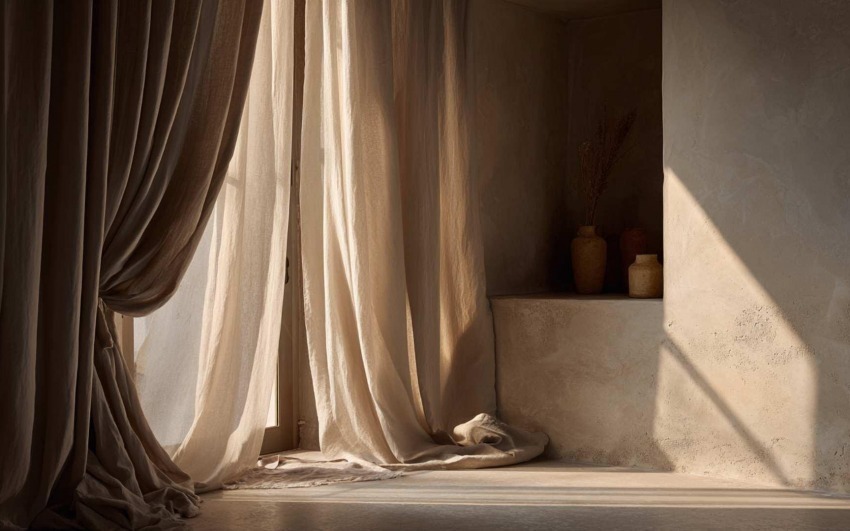7/29/2023
Sustainable Materials
One of the primary ways to make your home eco-friendly is by choosing sustainable materials for your furnishings. Opt for furniture made from wood sourced from responsibly managed forests or recycled materials. Bamboo is an excellent option as it's a renewable material that grows quickly. Additionally, avoid harmful materials like PVC and opt for water-based paints. Using sustainable materials not only reduces environmental impact but also adds a unique and natural style to your home.
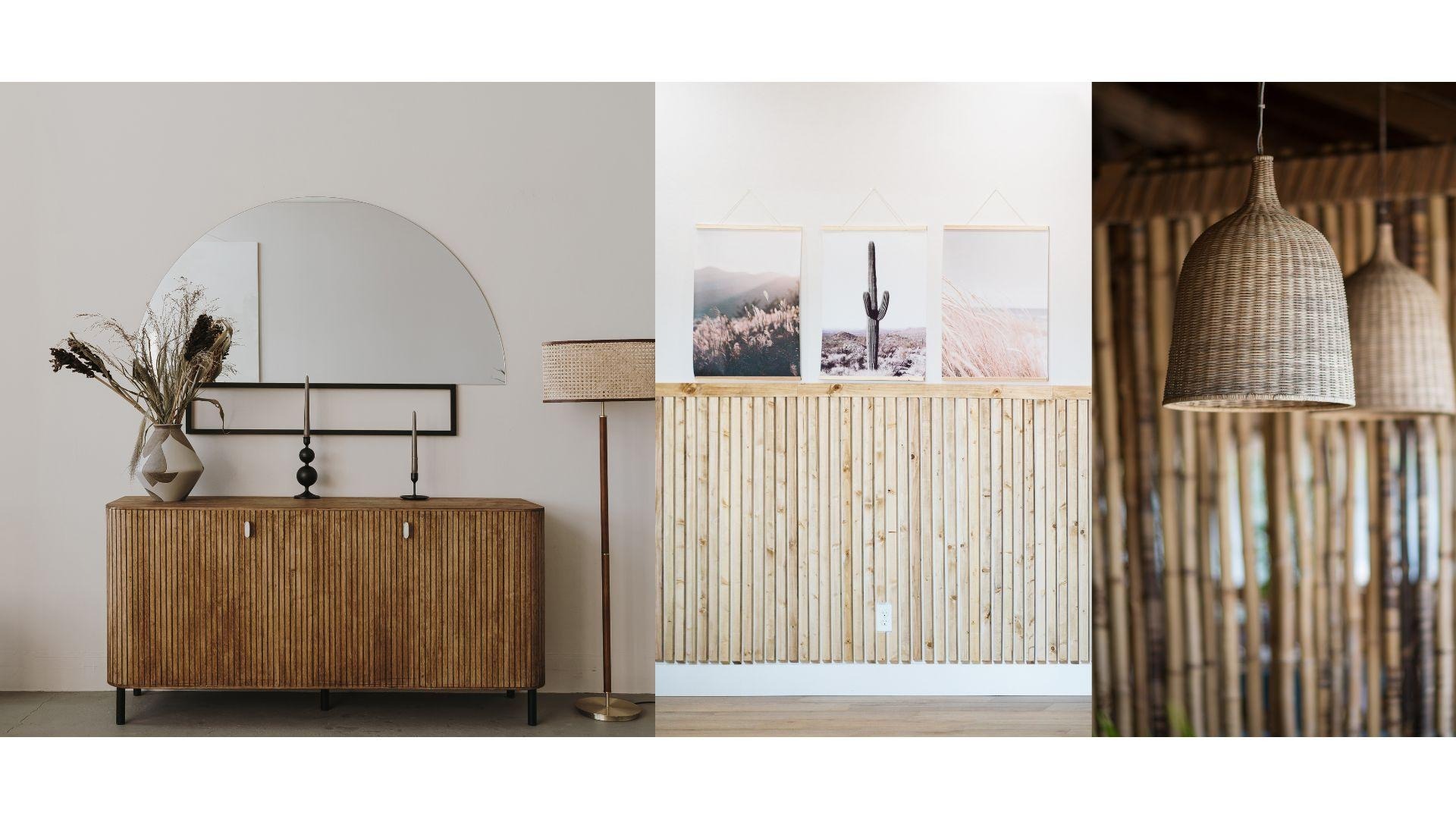
Vintage or Second-Hand Furniture
Another option for making your home eco-friendly is to purchase vintage or second-hand furniture. This choice not only reduces the production of new furniture but also offers unique and characterful pieces for your home. Explore flea markets, antique shops, or specialized websites to find pre-loved furniture that can be restored or upcycled. Adding a vintage piece that tells a story can add a personal touch and contribute to waste reduction.
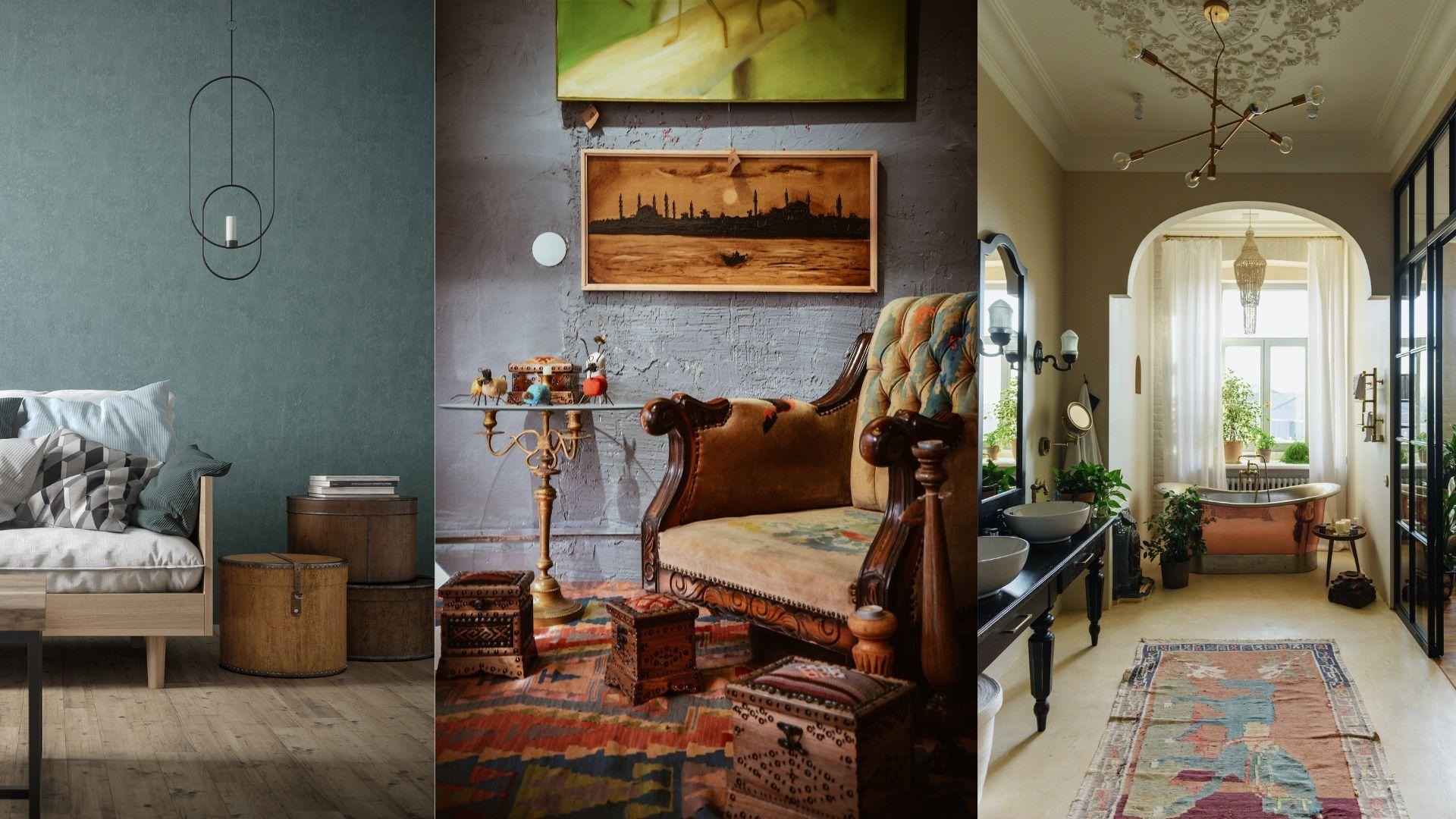
Energy-Efficient Lighting
Lighting plays a crucial role in eco-friendly interior design. Choose energy-efficient LED bulbs, which consume less energy and have a longer lifespan than traditional bulbs. Additionally, make the most of natural light by using lightweight curtains or venetian blinds to control the amount of light entering your home. Position mirrors strategically to reflect natural light and expand the space. Adequate lighting creates a cozy atmosphere while reducing environmental impact.
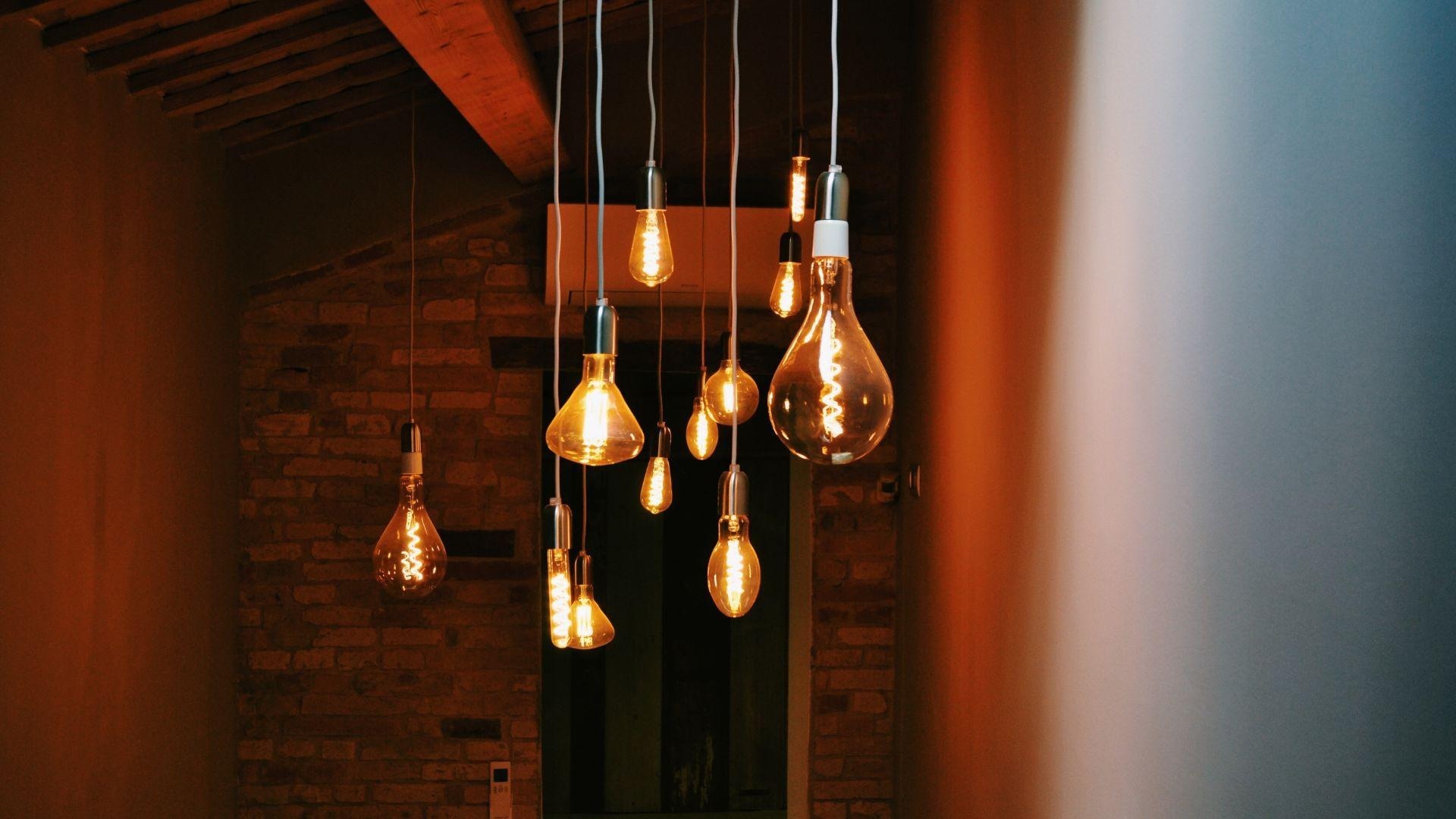
Minimalist Style and Decluttering
Minimalism is a concept that aligns perfectly with eco-friendly interior design. Minimize decorative objects and maintain a clean and tidy look. Practice decluttering by getting rid of things you no longer need or that don't bring you joy. Donate unused items to charitable organizations or sell them online to give them a new life. By reducing waste and only purchasing what you need, you'll contribute to creating a more sustainable and pleasant space.
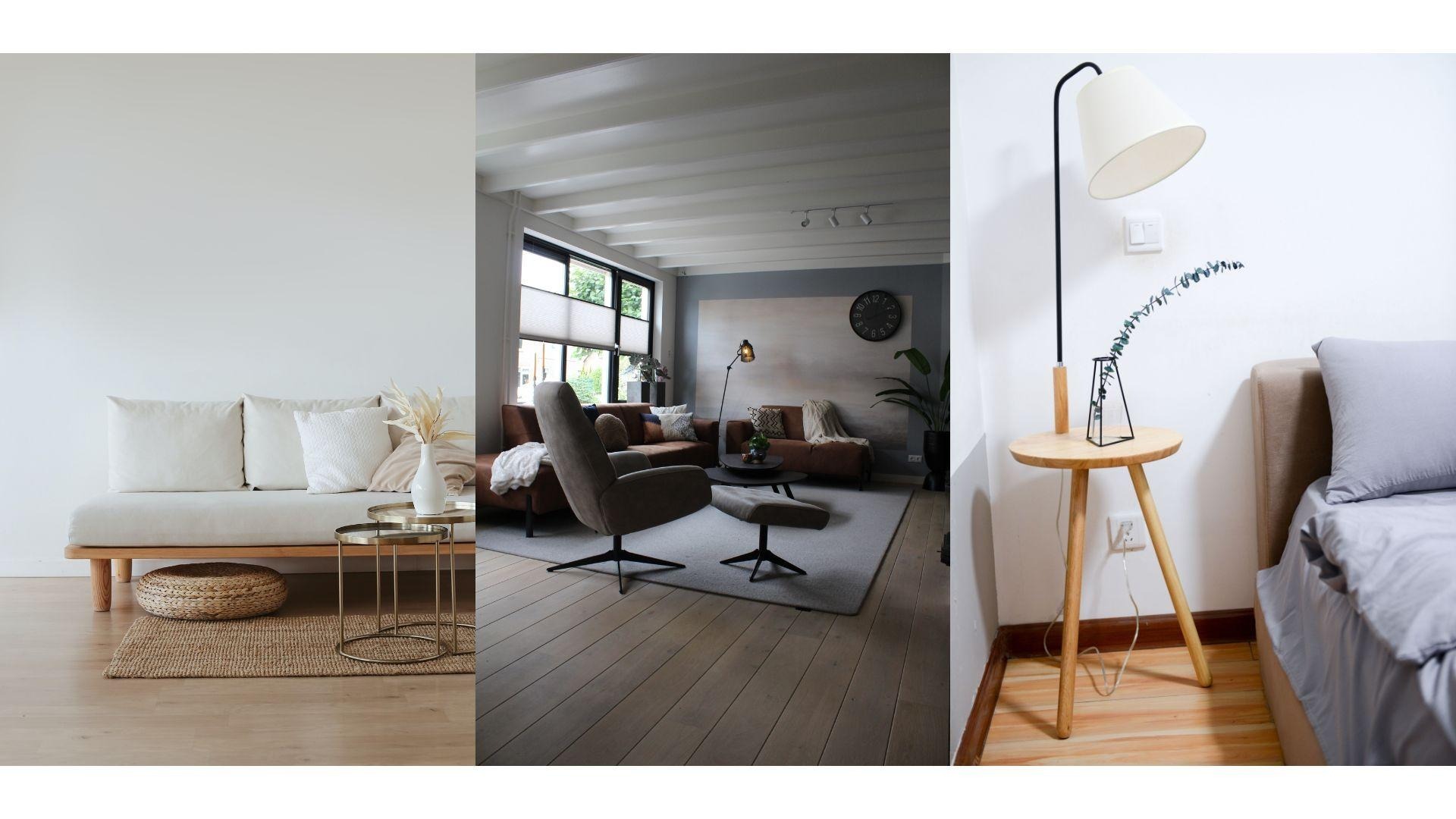
Plants and Nature Indoors
Plants are essential elements for an eco-friendly and stylish home. Add indoor plants to various areas of your home to improve air quality, absorb pollution, and create a relaxing atmosphere. Choose low-maintenance plants such as snake plants or Boston ferns. Additionally, use natural materials like wicker baskets or terracotta pots to add an organic and inviting touch to your spaces.
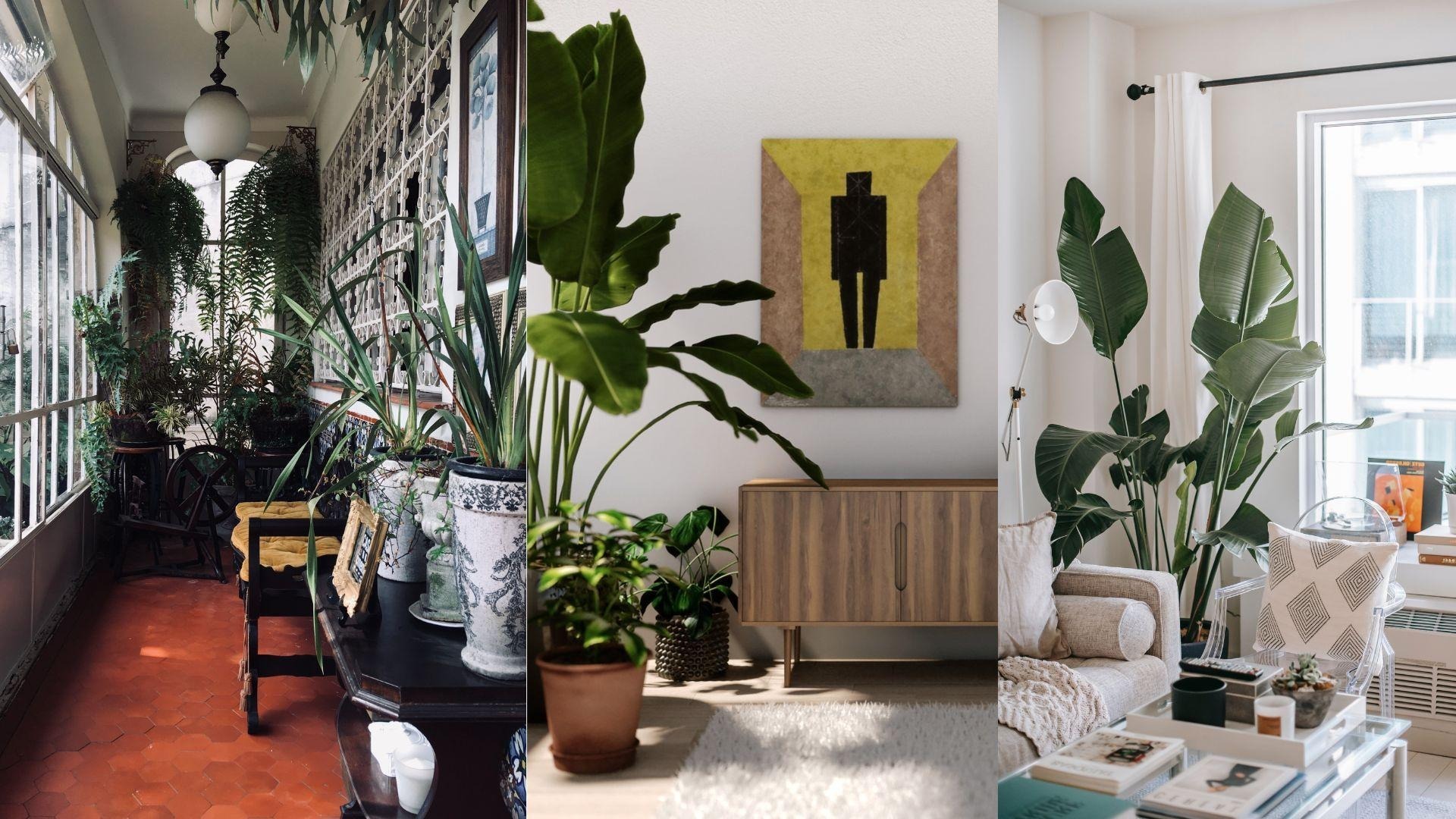
Eco-friendly interior design not only helps preserve the environment but also creates a cozy and design-oriented atmosphere in your home. Choose sustainable materials, opt for vintage or second-hand furniture, and go for energy-efficient lighting. Embrace a minimalist style, reduce waste, and fill your home with green plants. With these smart and conscious choices, you can transform your home into an eco-friendly sanctuary that aligns with your sustainable lifestyle. Start making your home an eco-friendly and stylish haven, making a difference for both yourself and the environment.
_14077b47db_23.jpg)
Interior Designer since 1985
CEO & Founder, Italian Design in the World
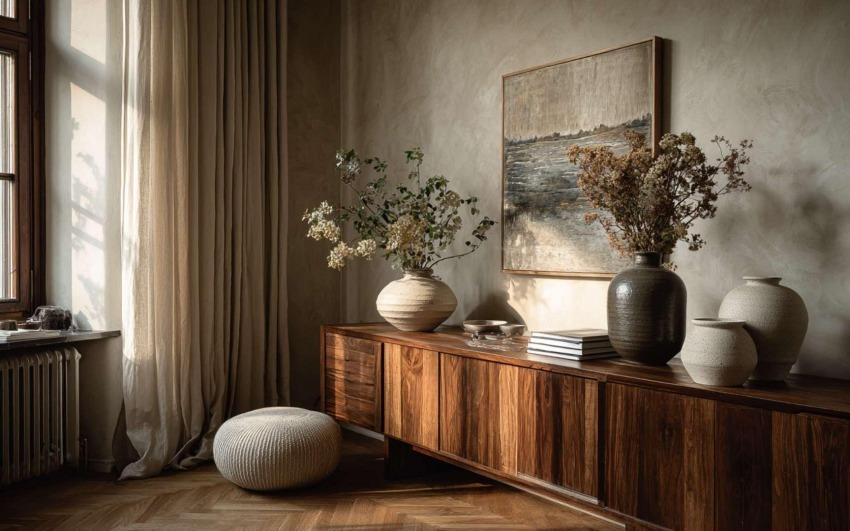
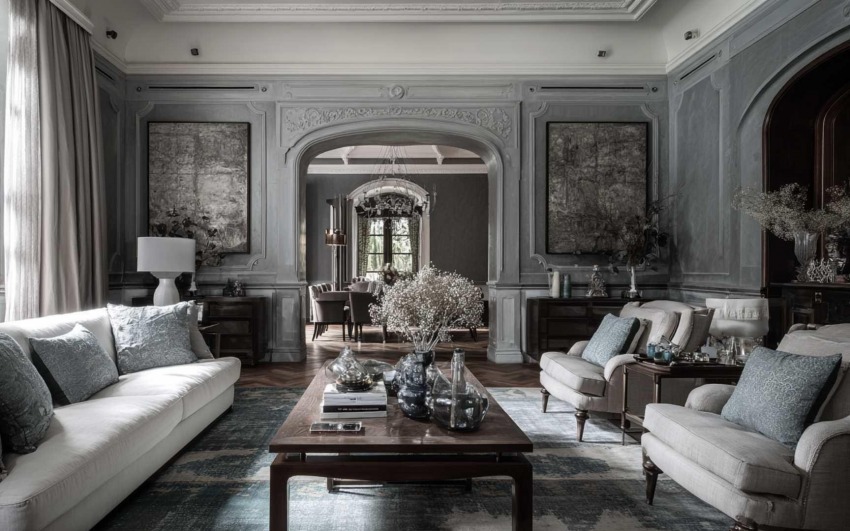
_c49d85500f_642.jpg)
